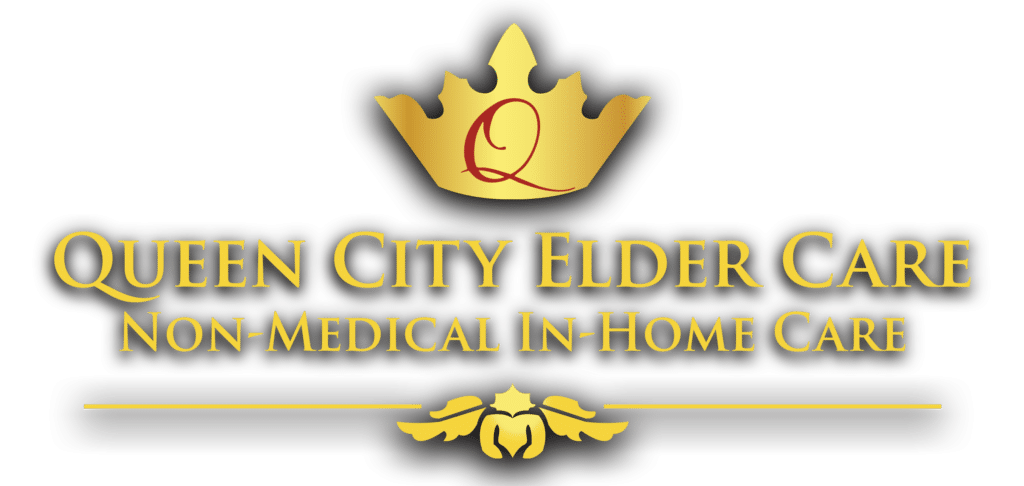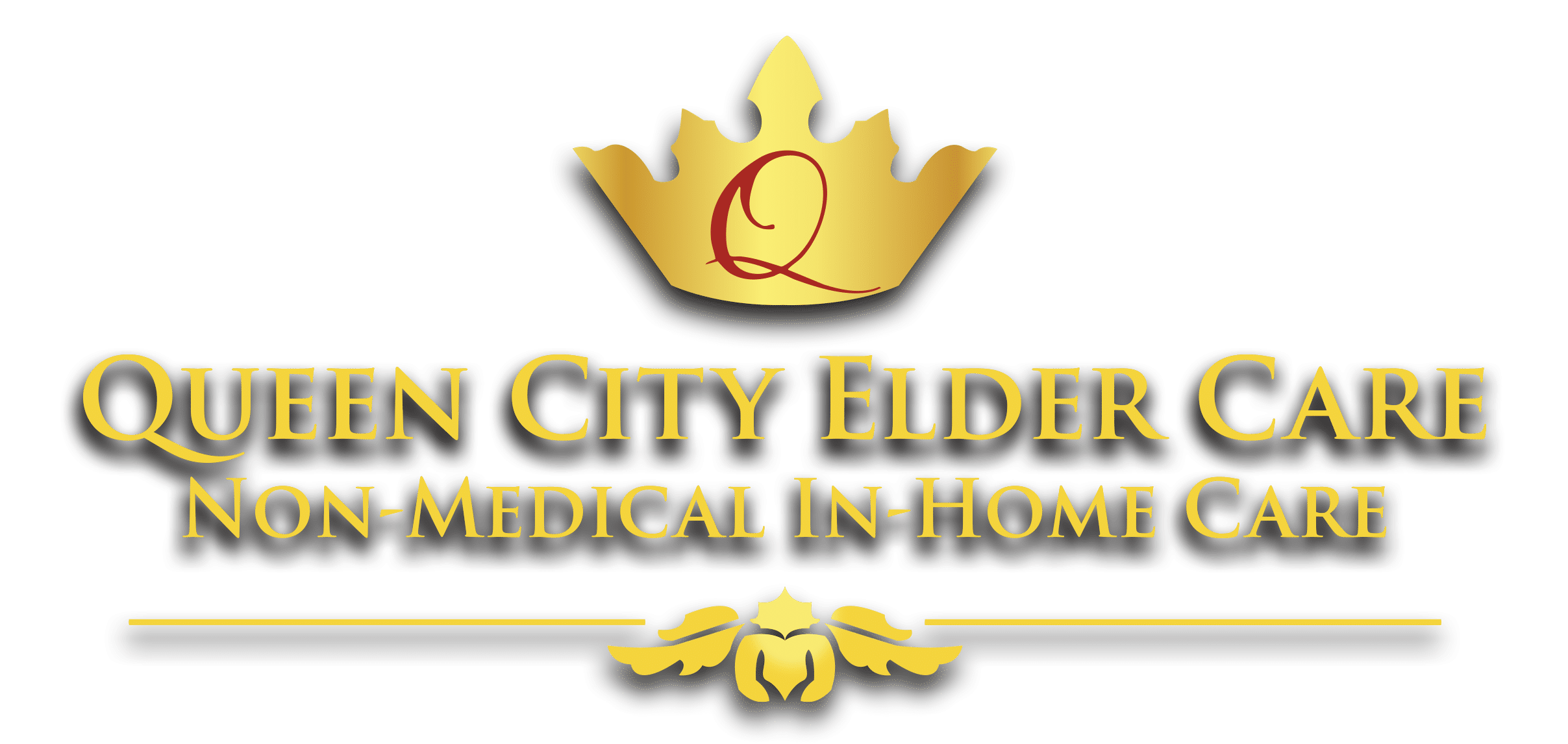Most people have heard of a gluten-free diet, but unless they or a loved one are required by a doctor to adhere to one, they may not realize everything that goes into such a lifestyle. November is Gluten-Free Diet Awareness Month, and it is designed to help people who are unfamiliar with gluten-free diets to get more information.

What is Gluten?
Gluten is a protein found in grains like wheat, rye, and barley. However, in some people, especially elderly adults, it can trigger a number of health issues. Doctors may recommend that their elderly patients begin a gluten-free diet because in many cases, this can significantly reduce or even eliminate symptoms like abdominal cramping, diarrhea, gas, bloating, rashes, respiratory issues and more. Going gluten-free is definitely a challenge, but with a good support system, elderly adults can be successful at it.
What should you expect with regards to health?
So what kinds of health issues might prompt a doctor to put their aging patient on a gluten-free diet? One of the most common is irritable bowel syndrome. This intestinal disorder can cause mild to severe gastrointestinal distress every time someone eats. Medication can aid in calming symptoms down, but doctors usually recommend a diet change that includes going gluten-free.
What is Celiac Disease?
Celiac disease is a medical condition that is directly linked to gluten. In some people, the body’s immune system attacks itself when gluten is ingested. Not only do people suffer from cramping and diarrhea, but the lining of the intestines is damaged. If not treated, the intestines are no longer able to absorb nutrients into the body, which leads to more health problems. Keeping gluten out of the body virtually eliminates the problem. A non-celiac gluten sensitivity can produce the same symptoms, but without the intestinal damage. With this diagnosis, elderly adults would also be wise to follow a gluten-free diet.
What is Chron’s Disease?
Some aging adults suffer from Crohn’s disease, where the lining of the stomach and intestines becomes inflamed. When doctors are helping aging patients modify their diet, gluten is often one of the first things to go. Symptoms can be significantly reduced when people with Crohn’s disease follow a gluten-free diet.
What are Wheat Allergy Symptoms?
Wheat allergies may develop in an elderly person even if they have not had problems in their younger years. Food allergies can cause a number of symptoms such as problems breathing, skin rashes, vomiting, nausea, abdominal cramps, and diarrhea. Avoiding wheat-based food products is an excellent way to control the symptoms associated with wheat allergy.
Family caregivers, senior care aides, family members, senior service groups and more must do everything they can to support a gluten-free diet for seniors where it is a medical necessity. Due to factors in age, mobility, and ability, many seniors depend on others for grocery shopping and meals. If a family member or senior care aide doesn’t know about the gluten-free diet, it can cause a lot of problems with the senior, both in the short term and the long term. It’s worth following a gluten-free diet because elderly adults can gain more control over their debilitating symptoms.
If you or an aging loved one is considering hiring home care services in Amberley, OH, please contact the caring staff at Queen City Elder Care today. Serving Cincinnati and Surrounding Communities. Call Us Today (513) 510-4410.
Source:
Glutenfreeandmore.com
Celiac.org
Michele Vollmer is a visionary leader who is perpetually searching for ways to improve, so to remain at the leading edge of the home care industry.She has served in the healthcare industry since 1989, including pharmaceutical and home health sales, as well as hospice sales and sales management
- How Does In-Home Respite Care Support Family Caregivers? - May 22, 2025
- Honoring Seniors During Older Americans Month - May 6, 2025
- 5 Great Benefits of Senior Home Care - April 28, 2025




